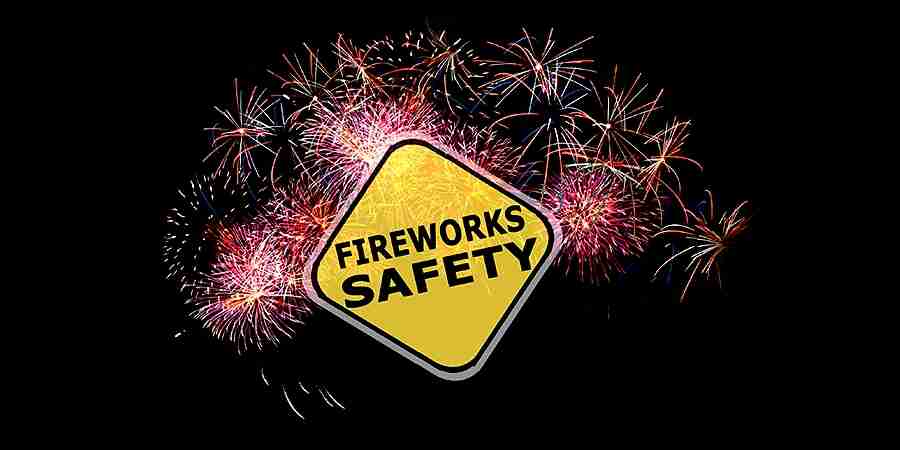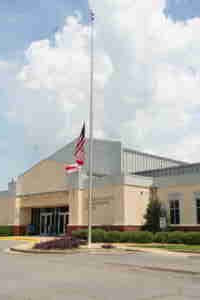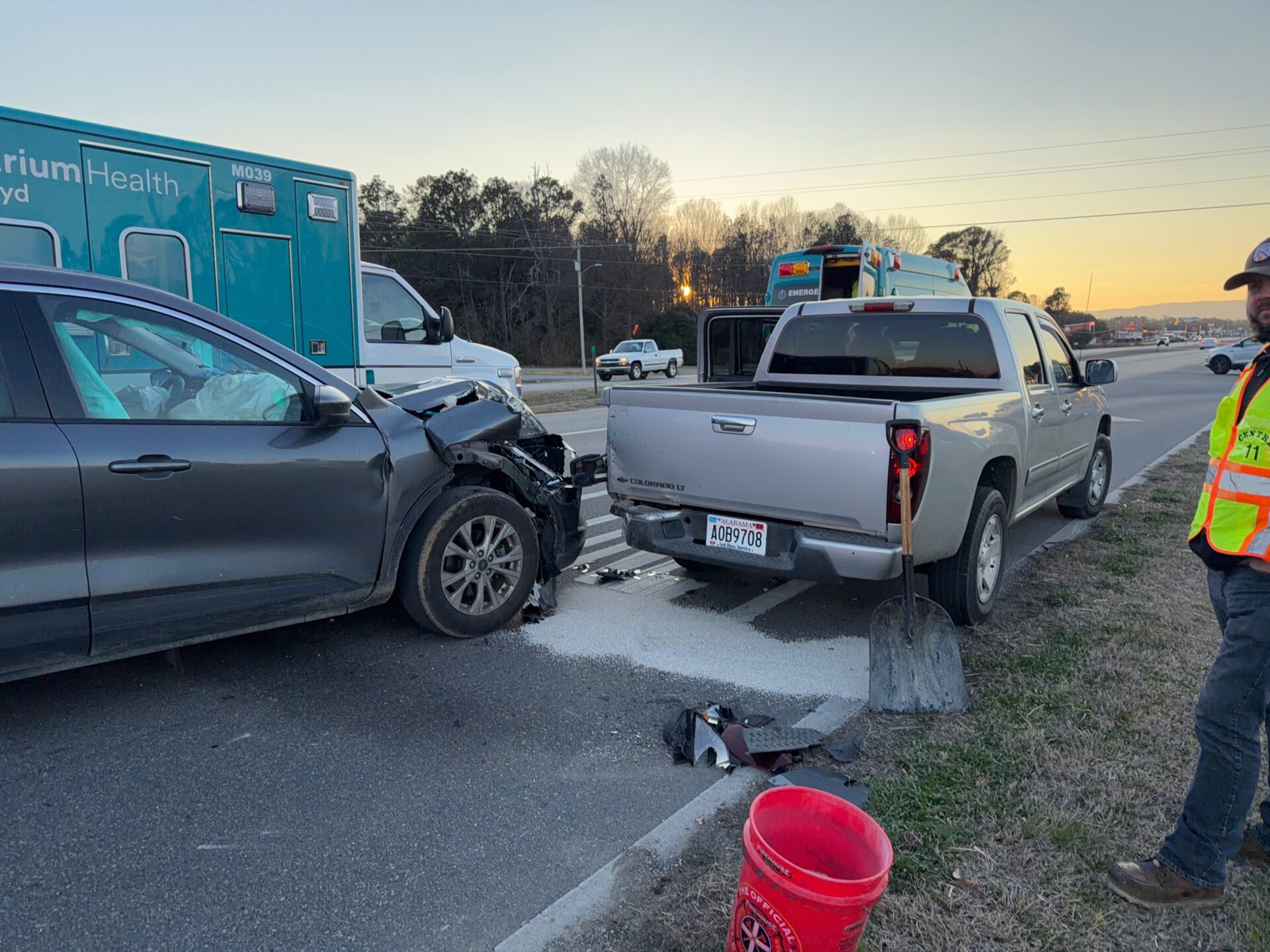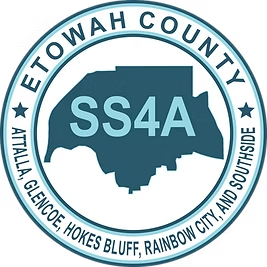Stay Safe This Fourth of July: Fireworks Safety Tips and Alabama Laws You Need to Know

As the Fourth of July approaches, families across Alabama are preparing to celebrate with backyard barbecues, patriotic parades, and fireworks. While fireworks can be a thrilling part of the festivities, they also pose serious safety risks if not handled properly.
Fireworks Safety: What You Need to Know
According to the U.S. Consumer Product Safety Commission (CPSC), more than 15,000 people were treated in emergency rooms for fireworks-related injuries in 2020. The majority of these incidents occur in the month surrounding Independence Day. Burns to the hands, face, and eyes are the most common injuries, and sparklers—often thought to be harmless—account for nearly 30% of injuries to children under five.
Here are essential safety tips if you choose to use consumer-grade fireworks:
-
Keep young children away from all fireworks, including sparklers, which burn at 2,000°F—hot enough to melt some metals.
-
Always supervise older children and never allow them to light fireworks without an adult present.
-
Never use fireworks while impaired by alcohol or drugs.
-
Wear protective eyewear when lighting or standing near fireworks.
-
Light one device at a time, then move back quickly.
-
Keep a bucket of water or hose nearby in case of fire or to douse fireworks that don’t go off.
-
Never try to re-light or pick up malfunctioning fireworks.
-
Avoid lighting fireworks indoors or near homes, flammable materials, or crowds.
-
Do not ignite fireworks in metal or glass containers, and never carry them in your pocket.
-
Soak used or unused fireworks in water before disposal.
Experts recommend safer alternatives like glow sticks, confetti poppers, or streamers—especially for young children.
https://www.nsc.org/community-safety/safety-topics/seasonal-safety/summer-safety/fireworks?
Alabama Fireworks Laws
In Alabama, the legality of fireworks depends on your location and the type of fireworks in question.
What’s Legal:
-
Bottle rockets
-
Roman candles
-
Firecrackers
-
Sparklers
-
Smoke bombs
-
Wheels and spinners
These consumer fireworks are legal in most unincorporated areas of the state. However, many incorporated cities and towns prohibit fireworks entirely or impose strict regulations on their use, including noise and time-of-day restrictions. Residents should contact local law enforcement’s non-emergency line for area-specific rules.
What’s Illegal:
-
Ground salute fireworks containing more than two grains of explosives
-
Cherry Bombs, Silver Salutes, and M-80s (banned federally since 1966)
-
Mail-order fireworks
-
Selling fireworks from cars, tents, or trailers
-
Selling to anyone under 16 without an accompanying adult
-
Selling to someone who appears intoxicated or irresponsible
Fireworks must be sold from structures that meet specific criteria—such as mobile homes that are at least eight feet wide and 32 feet long, with wheels removed.
Leave It to the Pros
Given the risks, the National Safety Council strongly recommends attending professional fireworks shows instead of using consumer-grade fireworks at home. “Grab a blanket and a patch of lawn, kick back, and let the experts handle the fireworks show,” the NSC advises.
Whether you’re planning a family celebration or attending a public display, keeping safety top-of-mind ensures your holiday is both fun and injury-free.
For more information on fireworks laws in your area, contact your local police or sheriff’s department.




